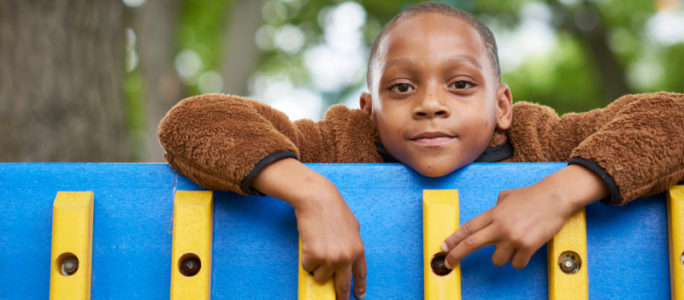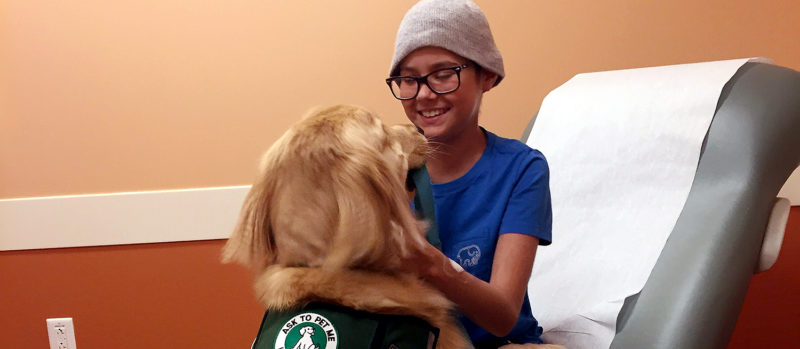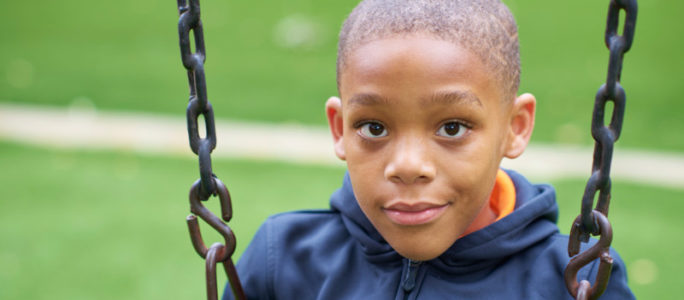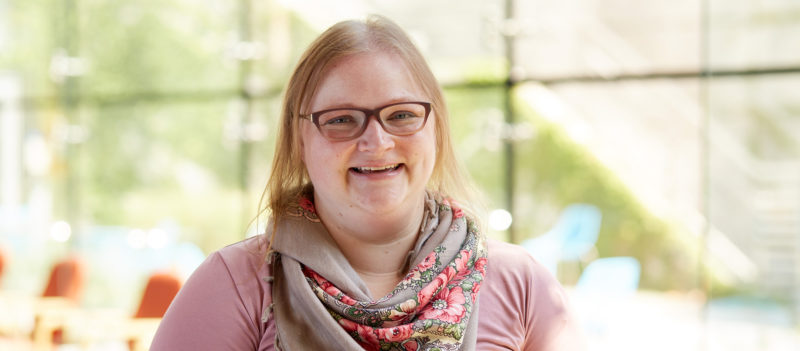In 2017 the FDA approved a cancer treatment for kids and young adults that has been successful in clinical trials. It’s called CAR T-cell therapy, or chimeric antigen receptor T-cell therapy. I like to call it the Pac-Man of relapsed and refractory b-cell leukemias and lymphomas. The simple explanation of CAR T-cell therapy is that it takes a patient’s own immune cells and reprograms them to fight the leukemia.
Here’s a more thorough definition: We first extract a patient’s T cells, or the fighter white cells in the body, using a process called apheresis. The T cells are then manufactured into CAR T-cells, which means it has a new antigen receptor. They are now CAR T-cells, and when inserted back into the child’s body, act like Pac-Man. They seek to chomp and destroy the protein CD19 on the B-cells of certain leukemias and lymphomas (or the Pac-Dots).
This therapy is exciting for kids with relapsed or refractory (treatment-resistant) B-cell leukemias and lymphomas. For perspective, CAR T is FDA approved for acute lymphocytic leukemia (ALL), which is the most common childhood cancer, with about 3,500 new cases each year in the United States.
Most kids with ALL are cured after their first round of therapy; however, more than 500 kids with ALL will relapse each year. For those who relapse, their outcomes are really poor – especially for the ones who relapse early. And for the kids who relapse after going through a bone marrow transplant, there isn’t an option for a cure. So CAR T-cell therapy could potentially offer a cure to those kids who previously didn’t have further options. Here’s what parents need to know about it:
4 Must-Know Points About CAR T-cell Therapy
1. It’s a game changer for kids with relapsed ALL
I use the words “game changer” because there is now an option for patients with ALL who relapse after a bone marrow transplant. It provides hope for patients who didn’t have it previously. What’s appealing about it, aside from offering a treatment option, is that kids go through a one-time infusion and there is a chance that no further therapy is needed. There can be significant side effects as their bodies fight through the immune process, but it’s different than bone marrow transplant and chemotherapy, in that recovery is often much shorter. We will typically keep them in the hospital for a few weeks to make sure they’re safe and we can control the immune process.
2. It has side effects
No cancer treatment is without side effects, and CAR T-cell therapy is no different. When the CAR T-cells are active and multiplying, which takes about 24-48 hours after the infusion, they release a lot of inflammatory cytokines. The symptoms are flu-like, with a high fever and a potential for respiratory issues. About 30% of kids will wind up in the ICU to help control their symptoms, which can be managed well with a multidisciplinary care team.
3. It has its challenges
The most notable challenge related to CAR T-cell therapy is logistics. It takes about 3-4 weeks for the CAR T-cells to be manufactured. And unfortunately some of the leukemias or lymphomas are so aggressive that there isn’t enough time for collection and manufacturing of the CAR T-cells. Additionally, patients need to be fairly healthy in order to collect T cells.
4. There’s a potential to use it for other diseases
This CAR T-cell technology is being trialed in other diseases such as lymphomas, leukemias, and some solid tumors.
CAR T-cell therapy offers a whole new perspective on treatment for B-cell leukemias or lymphomas. It gives us the ability to try something different rather than going back to the same chemotherapy drugs that have not been effective. At Cincinnati Children’s we participated in the early research trials with this therapy and have more than five years of experience providing the necessary supportive care to patients. We hope to learn more about why some patients respond well to the therapy and others don’t.
Cincinnati Children’s is a certified treatment center for KYMRIAH and also offers clinical trials.
To learn more about CAR T-cell therapy within the Cancer and Blood Diseases Institute at Cincinnati Children’s, please call 513-636-2799 or email cancer@cchmc.org.






Love the possibilities of this treatment. As a nurse I have seen too many children die from ALL. Also wondering if oncologists are educating patients to rebuild their immune systems following chemo and radiation.